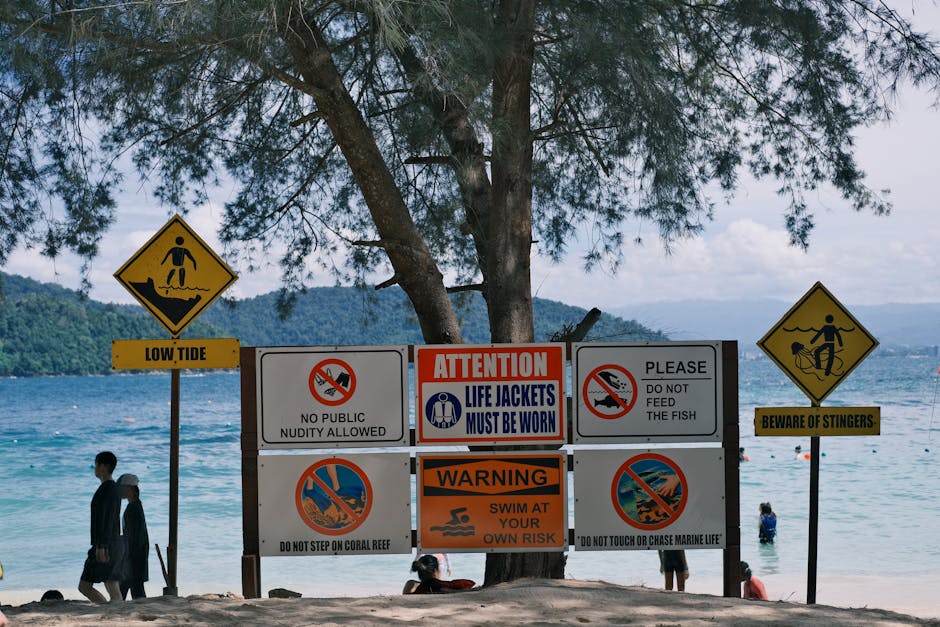The global travel and tourism industry is a powerful economic engine, fostering cultural exchange and enriching lives worldwide. However, this sector’s rapid expansion necessitates a critical shift towards responsible practices. Governments play a pivotal role in guiding this transition, encouraging travellers and businesses to adopt sustainable and ethical travel behaviours. This article delves into the multifaceted approaches governments employ to promote responsible travel, encompassing environmental protection, cultural preservation, and social equity.
A fundamental aspect of responsible travel promotion is fostering awareness. Educating both domestic and international travellers about the environmental impact of their choices is crucial. Governments can achieve this through a variety of channels. Informative campaigns, leveraging digital platforms and traditional media, can highlight the consequences of unsustainable practices, such as excessive carbon emissions from air travel and the depletion of natural resources. Promoting responsible consumption patterns, like reducing single-use plastics and supporting locally owned businesses, is equally important. These campaigns shouldn’t merely focus on reprimanding; they should inspire and offer practical solutions. For example, they could present alternatives like eco-friendly transportation options or suggest accommodations that minimize environmental footprints.
Complementing awareness campaigns are the regulations and policies governments enact. Implementing strict environmental standards for tourism businesses is vital. This involves setting clear targets for carbon emissions reduction, incentivizing the use of renewable energy sources in accommodations, and promoting the adoption of sustainable waste management practices. Stringent regulations on pollution, noise levels, and the protection of natural habitats can effectively mitigate negative environmental impacts. Encouraging the development of eco-tourism initiatives is another powerful instrument. This entails supporting the establishment of protected areas, promoting responsible wildlife viewing practices, and ensuring that tourism does not damage fragile ecosystems.
Government support for cultural preservation is equally essential. Preserving local heritage sites and traditions is not merely a historical imperative; it also forms the bedrock of authentic travel experiences. Governments can actively engage with communities to understand their needs and ensure that tourism benefits local economies and cultural practices. Regulations safeguarding cultural heritage sites from exploitation are critical. This can involve restricting certain types of tourism activities in sensitive areas or imposing specific guidelines on tour operators. Encouraging the participation of local communities in tourism development, ensuring fair compensation for their labour, and investing in cultural preservation projects can foster sustainable interactions between tourists and local populations.
Moreover, promoting social equity is another key component of responsible travel. This encompasses providing fair wages and safe working conditions for tourism employees. Government intervention in enforcing fair labour standards can protect workers’ rights and ensure they are not exploited by businesses. Furthermore, supporting social enterprises that provide employment opportunities for marginalized groups can significantly enhance social equity. This involves actively working with local businesses to create training programs, promote fair trade practices, and foster inclusivity in hiring decisions.
Funding responsible tourism initiatives is paramount to successful implementation. Government grants and subsidies can incentivise sustainable tourism businesses and support community-led projects. Sustainable tourism certification schemes and initiatives that reward eco-friendly practices can be part of this funding strategy. Government investments in education and training for tourism professionals can prepare them to meet the demands of a sustainable industry, thereby bolstering the industry’s long-term commitment to responsible practices. Tax incentives for sustainable businesses can further encourage their growth and adoption of environmentally sound practices.
International cooperation is essential in achieving global standards for responsible travel. Collaboration among governments in establishing common regulations and promoting best practices can create a more uniform approach. Sharing information and best practices among nations can foster a global commitment to responsible travel. Establishing international agreements to mitigate the environmental impacts of tourism on shared resources is also pivotal. Coordinating efforts to combat illegal wildlife trade and protect shared natural heritage is a key element of this global approach.
A significant portion of fostering responsible travel is engaging the tourism sector directly. Governments can work directly with tour operators, hotels, and other tourism businesses to encourage the adoption of sustainable practices. Providing incentives and training programs for businesses to improve sustainability is key. Creating partnerships with industry organizations and regulatory bodies can facilitate this engagement. Governments should promote standards for responsible tourism practices and provide mechanisms for businesses to obtain certifications demonstrating their adherence to them.
Ultimately, governments have a pivotal role in shaping the future of tourism. By actively promoting responsible travel through awareness campaigns, stringent regulations, cultural preservation efforts, and social equity initiatives, they can ensure a more sustainable and equitable experience for both tourists and local communities. This transformation demands sustained governmental commitment and collaboration across sectors and borders. Through strategic planning and dedicated investments, governments can pave the way for a future where tourism not only thrives but also preserves the world’s natural and cultural heritage for generations to come.












